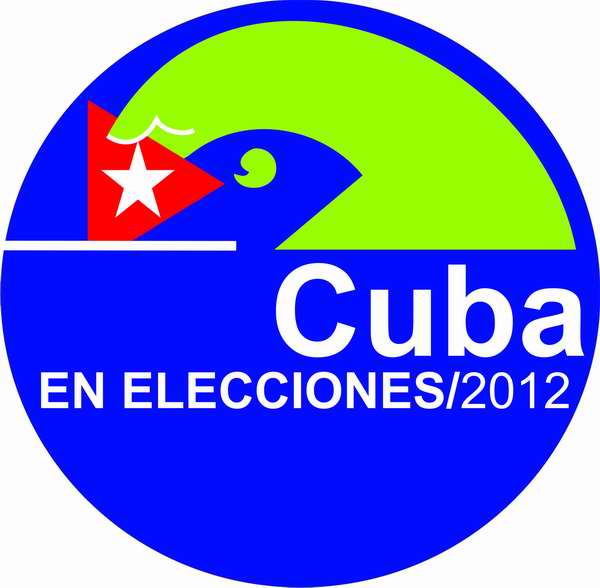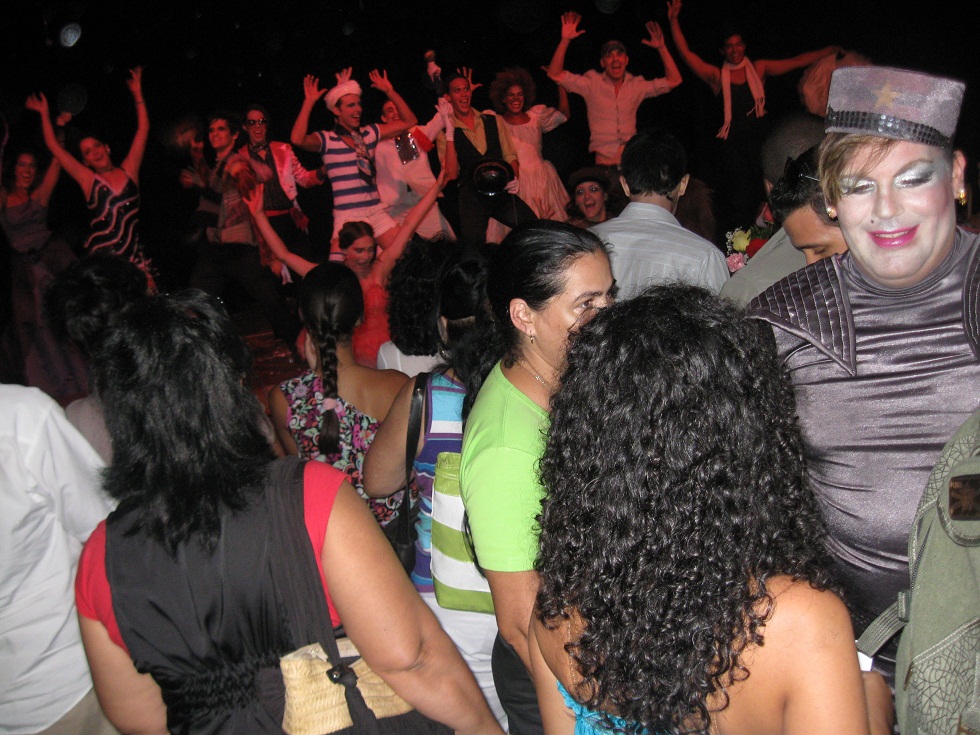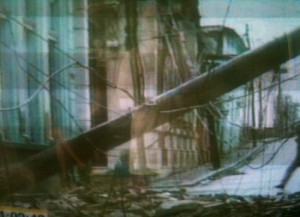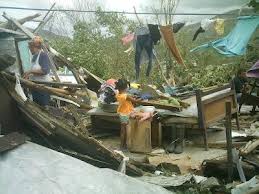In his book The Social Contract–one of the most influential works of political theory of the 18th century–the French writer, Jean Jacques Rousseau, proposed the following theory: The union of persons to protect their well-being emanates from a general will that transforms the parties to the contract into a collective political body. The exercise of this will confers power, which is referred to as sovereignty, and the party exercising it–the people–is sovereign. Based on this contract, the people choose officials to carry out the general will and temporarily invest them with a mandate to propose and effect laws, and to preserve citizens’ liberties.
From this work of philosophy and political theory it is possible to infer the vital importance of civil, political and economic rights constitutionally ratified through popular participation, including the ability to retract the mandate granted to these officials. It is this sovereign power that grants the parties to the contract the status of citizens.
Elections, like referendums, are two manifestations of popular sovereignty. Through them the sovereign chooses, from among nominated candidates, officials to hold public office and temporarily invests them with authority over certain areas and distinct functions. Through referendums the sovereign participates in decision making on different matters of common interest such as the approval or rejection of laws before they are promulgated. Both tools, although not comprehensive, make up an important and decisive aspect of popular sovereignty.
In Cuba the constitution of 1940 widened the rights and freedoms envisioned in the 1901 constitution. It ratified the division of powers, confirmed the sovereignty of the Cuban people from which the Assembly of People’s Power is derived, extended universal suffrage to women, and in article 40 provided adequate safeguards for the protection of individual rights which had previously been guaranteed. These legal precepts–guarantees of sovereignty held by citizens–provided the basis for the democratic electoral processes which took place between 1940 and 1948, and the civil and military resistance that led to the 1952 government overthrow.
Fidel Castro acknowledged the freedoms outlined in the 1940 constitution during his trial for the assault on the Moncada Barracks when he said, “I will tell you a story. Once upon a time there was a republic. It had its constitution, its laws, its freedoms. A President, Congress and its courts. Everyone could assemble, associate, speak and write with complete freedom. The government did not satisfy the people, but the people could change it, and it only took a few days to do so. Public opinion was respected and accepted, and all the problems of common interest were freely discussed. There were political parties, doctrinal hours on the radio, polemical programs on television, public demonstrations, and the public pulsed with enthusiasm.” He explained that, for these reasons, the first of the five laws to be proclaimed after the triumph of the revolution would return sovereignty to the people and proclaim the constitution of 1940 the supreme law of the land. This made clear that the revolutionary movement, as the temporary incarnation of this sovereignty, assumed all commensurate authority except the authority to modify the constitution itself.
On January 8, 1959, after assuming power, the revolutionary leader made assurances that elections would be held as soon as possible, which presumably implied the restoration of the constitution of 1940. Nevertheless, on February 7 of that year the Magna Carta was replaced with the Fundamental Law of the Republic of Cuba, violating one of the essential attributes of popular sovereignty–the ability to reform the supreme and fundamental law of the nation. Under provisions of the Fundamental Law, which was in effect until the passage of the constitution of 1970, the Council of Ministers assumed all legislative functions, thereby concentrating power and facilitating the turn towards totalitarianism.
Currently Cuban elections are governed by the Fundamental Law, promulgated in 1992, which stipulates that Cubans sixteen years or older can–through free, equal and secret balloting–elect or be elected to various positions in the assemblies of People’s Power, to the offices of President, Vice-President, and Secretary of these assemblies, and to the Council of State.
Under the Electoral Law the direct vote is limited to the election of delegates to municipal assemblies since the candidates for provincial assemblies and for the National Assembly of People’s Power, as well as for the President, Vice-Presidents, Secretary and the other members of the Council of State are chosen by the Commission on Candidates. This body is in turn made up of the Center of Cuban Workers, the Committees for the Defense of the Revolution, the Federation of Cuban Women, the National Association of Small Farmers, the University Students’ Association and the Federation of Middle Education Students, all of which are members of the only political party permitted under the current constitution. As a result, in elections for provincial or national office, the candidates coming from municipal assemblies–those elected by direct vote–cannot exceed more than 50% of the total number of candidates. The other 50% are nominated directly by the above-mentioned commissions, which include individuals who have not been elected by direct popular vote, rendering popular sovereignty useless.
The constitution of 1976, revised in 1992 and 2002, ignores the rights and freedoms guaranteed under previous constitutions, while the Electoral Law now in force limits direct popular vote to municipal elections. This explains why in today’s Cuba there are Cubans but no citizens, as exemplified by the lack of interest in certain elections held in order to legitimize the status quo, but useless in bringing about changes that society demands.
Unequivocal proof of this lack of national interest is that these days Cubans talk about and discuss the elections in Venezuela or the United States, but no one except the news media talks about elections in Cuba. All this is an indication of the necessity to include, among other changes, a radical reform of the current electoral system so that popular sovereignty occupies the position it deserves.
Published in Diario de Cuba
October 29 2012

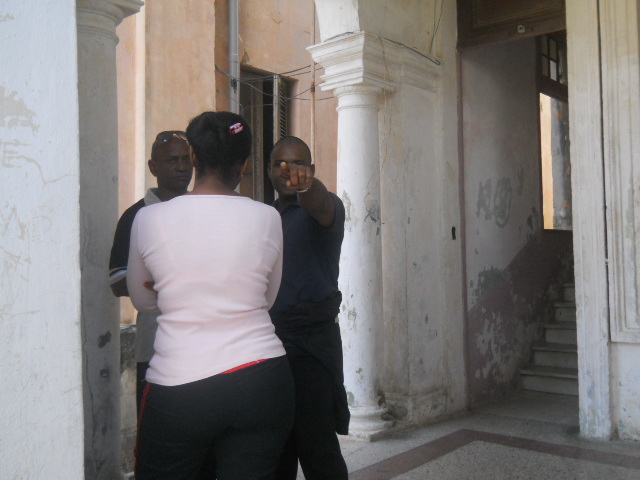
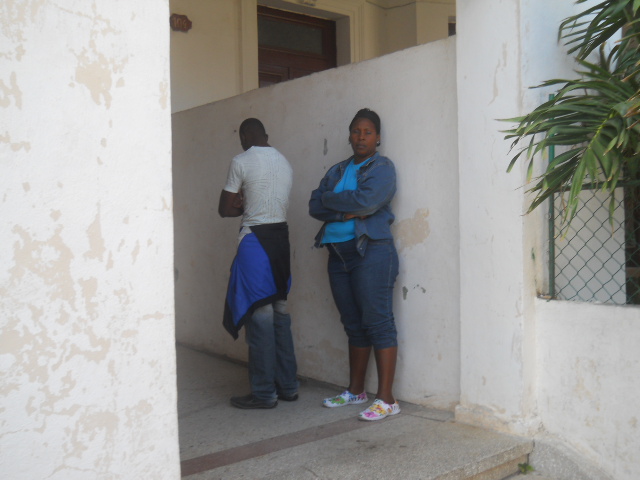

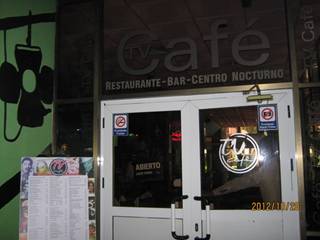
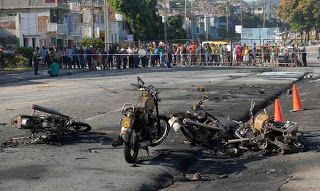 A neighbor told me that the re-involution of ’59 had taken property from owners but had not found a substitute. The director of a business will never be the owner, never have the sense of ownership over what he administers. To illustrate that there are more than thousands or millions of examples, it would suffice to offer a country like this one, worn out, a culture where theft is not seen as a crime because to survive death should not be punishable.
A neighbor told me that the re-involution of ’59 had taken property from owners but had not found a substitute. The director of a business will never be the owner, never have the sense of ownership over what he administers. To illustrate that there are more than thousands or millions of examples, it would suffice to offer a country like this one, worn out, a culture where theft is not seen as a crime because to survive death should not be punishable.